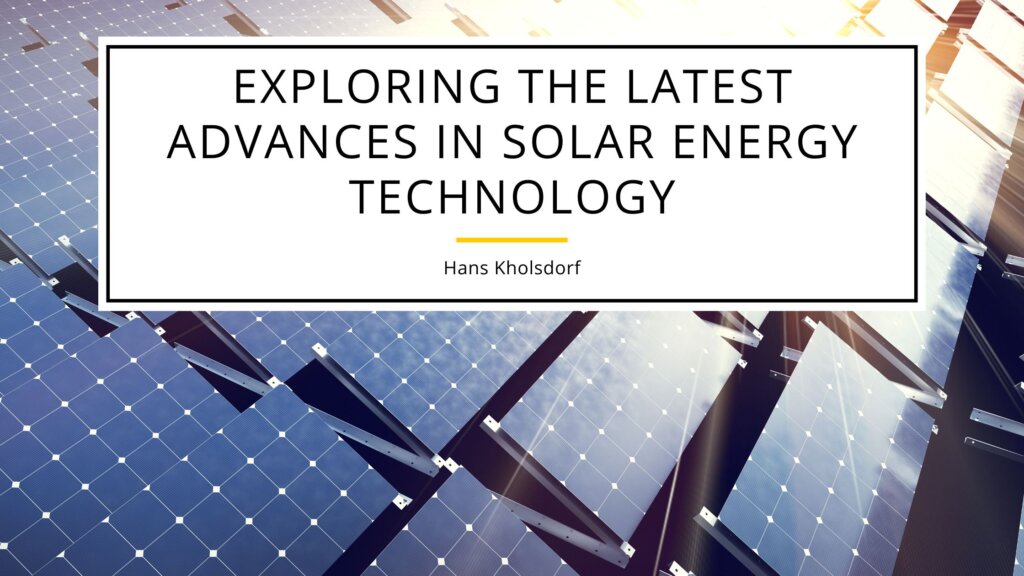
Once considered a niche alternative, solar energy has become a cornerstone of the global renewable energy revolution. The continuous evolution of solar technology has led to unprecedented efficiency gains, cost reductions, and innovative applications that are propelling us closer to a sustainable energy future.
High-Efficiency Solar Photovoltaic
One of the most significant advancements in solar technology is the development of high-efficiency solar photovoltaic (PV) cells. Traditional silicon-based PV cells have long been the industry standard, but researchers have worked tirelessly to enhance their efficiency. Emerging technologies such as multi-junction solar cells, which consist of layers of different materials to capture a broader spectrum of sunlight, have shown remarkable promise.
Perovskites
Moreover, perovskite solar cells have emerged as game-changers in the solar industry. Perovskites are materials with unique properties that make them more efficient at converting sunlight into electricity. They can be produced using low-cost manufacturing techniques like inkjet printing and spray coating, potentially reducing the manufacturing expenses associated with solar panels.
Building-Integrated Photovoltaics
Incorporating solar panels into everyday items has been another exciting development. Building-integrated photovoltaics (BIPV) seamlessly integrate solar cells into building materials like windows, roofs, and facades. This integration generates clean energy and adds an aesthetic and functional dimension to architectural design. Transparent solar panels, which can be used as windows in buildings or even on electronic devices, represent a particularly intriguing aspect of BIPV technology.
Efficiency
Efforts to enhance the efficiency of solar panels don’t stop at sunlight conversion alone. Researchers are also exploring ways to improve the overall lifecycle of solar panels by increasing their durability and recyclability. This involves the development of longer-lasting materials, improved panel designs, and recycling methods to recover valuable components like silicon, metals, and glass. Sustainable practices like these are crucial for minimizing the environmental impact of solar energy production.
Smart Technology
In the realm of solar energy, innovation isn’t limited to just the panels themselves. Smart technologies and data-driven solutions are becoming integral parts of solar systems. Energy management platforms can optimize the performance of solar installations by analyzing weather forecasts, energy consumption patterns, and grid demand.
The latest advances in solar energy technology have pushed the boundaries of what is achievable regarding efficiency, integration, and sustainability. The solar industry continues to evolve rapidly from high-efficiency PV cells and perovskite technology to BIPV and smart energy management systems.